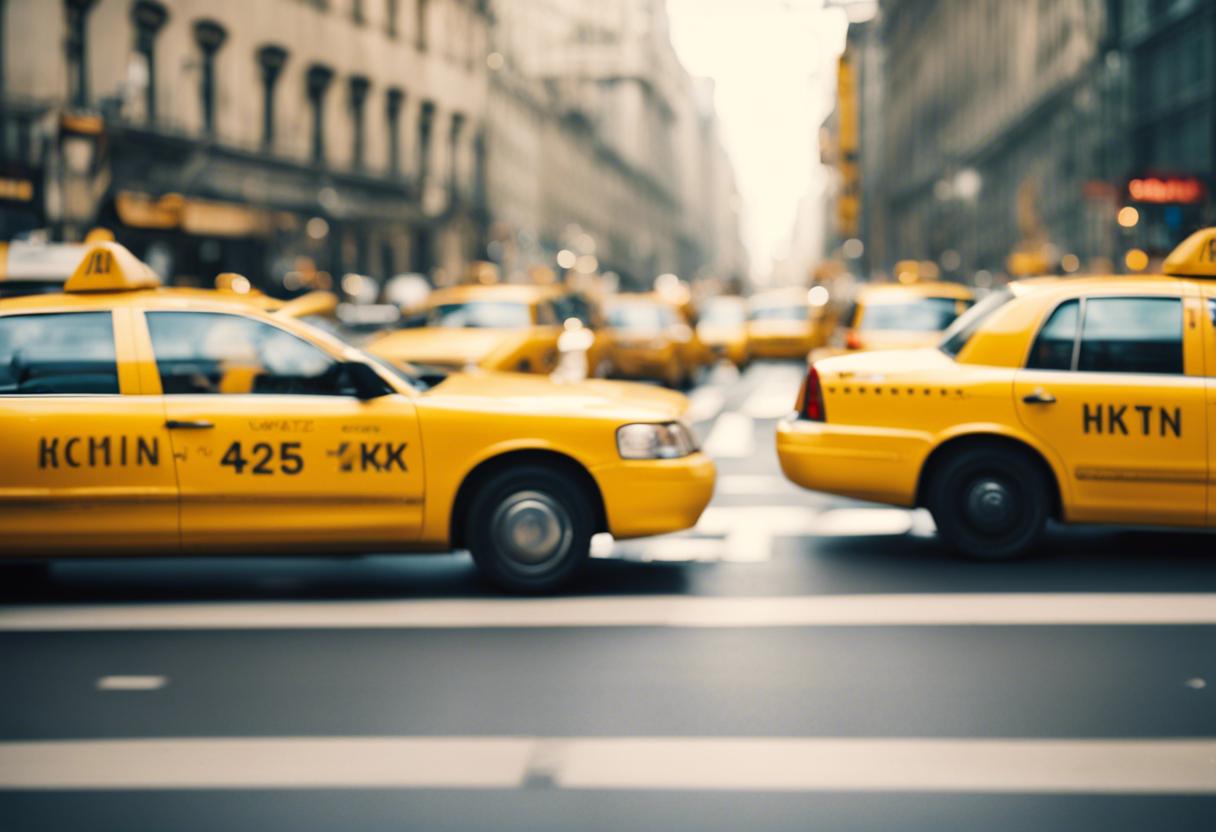Concerns about possible VAT obligations have left thousands of taxi drivers in a state of considerable anxiety. These drivers have been paying commissions to Uber over the last five years and are now worried they may face Revenue charges for VAT on these payments. This unsettling situation has emerged from the realization that Uber is not handling the tax collection and payment on behalf of its drivers, as its competitors such as Bolt and FreeNow do.
Derek O’Keeffe, who operates the Taxi Drivers Ireland online forum, states that taxi operators have never before had to consider VAT obligations. This uncertainty is now causing rampant discussions among them. Over the past four or five years, Uber’s operation in Dublin has grown to include more than 11,000 taxi drivers. There are now questions about whether they need to pay VAT for the past five years, a prospect that is genuinely frightening for many.
The issue rests on the fact that Uber, unlike Bolt and FreeNow, does not apply VAT to the commissions it charges drivers for fares booked through its platform, and hence doesn’t remit it to the Revenue. Uber argues on its site, and in a briefing document
Stephen Fennell, an accountant who provides guidance to several taxi drivers regarding their tax concerns, suspects that the sums involved would be reasonably insignificant for the majority of drivers. However, he acknowledges that the hassle of keeping records and fulfilling VAT requirements could outstrip the minor VAT obligations. “The question from a driver’s standpoint is whether the administrative challenges associated with VAT registration, VAT return obligations and compliance outweigh the actual VAT liabilities themselves,” Fennell stated.
Fennell questions why Uber is not abiding by the same VAT regulations as FreeNow in Ireland. Additionally, if Uber were to charge drivers directly, it could simplify procedures from Revenue’s perspective, resulting in less administrative work, as collecting VAT from a single entity would be less onerous than attempting to collect from thousands of drivers.
Fennell conjectures that a typical yearly VAT obligation would be around €300, which could be balanced against income tax. However, Mr O’Keeffe proposes that many drivers could be paying up to €5,000 annually in commission to Uber. This, over a period of five years, could result in a VAT liability of €5,570. O’Keeffe notes that many drivers were oblivious to the potential liability, as there wasn’t any communication indicating a potential liability from the Revenue Commissioners.
O’Keeffe reports that getting a definitive answer from either Uber or the Revenue has been challenging.
Uber was contacted for their response.

